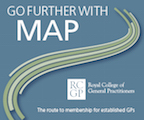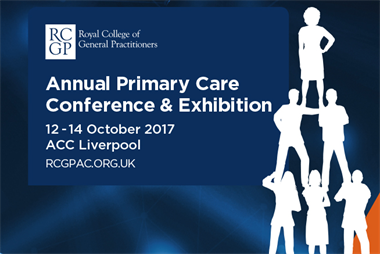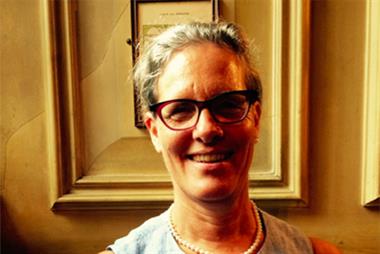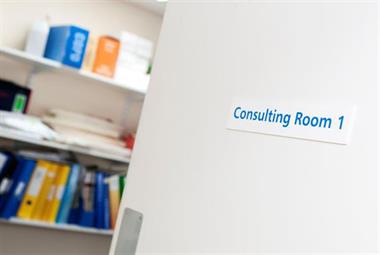Our patients expect us, quite rightly, to prescribe medicines that are safe (or that will be safely monitored) and also effective for their clinical condition. Cost needs to be considered in prescribing, not least because of increasing regulation. Annual appraisal and revalidation also ask us to bear issues related to prescribing in mind.
A straightforward way to review prescribing is to use a template offered by the RCGP. Prescribing is one of the 13 criteria that GPs present to attain MRCGP via Membership by Assessment of Performance (MAP). Using the template you would list 100 consecutive drugs you prescribed and then carry out a straightforward analysis of that list.
 RCGP Membership by Assessment of Performance
RCGP Membership by Assessment of Performance
The RCGP is the professional membership body for family doctors. Membership by Assessment of Performance (MAP) is a portfolio based assessment and offers established GPs working in the UK a route to membership (MRCGP). More information is available at www.rcgp.org.uk/map or contact map@rcgp.org.uk
This article was funded by the RCGP for GP Connect
There are no 'wrong' drugs in such a list. All of us occasionally prescribe drugs that are not cost-effective or evidence-based, but the aim of the exercise is to recognise and reflect on why we have done this, and how prescribing might be improved based on that reflection.
There may also be general lessons to be learned from looking at our pattern of prescribing. The standard reference if doing this for MAP would be the BNF and common guidelines such as NICE, SIGN, BHS and BTS.
An example of how to complete and analyse the list is below.
| Date | Drug preparation and strength | Cost effective | Evidence based | Significant Safety Issues |
|---|---|---|---|---|
| 1/3/17 | Tabs Simvastatin 10mg at night | Yes | No (at this dose) | Yes |
| 1/3/17 | Tabs Zantac 300mg | No | Yes | No |
| 2/3/17 | Tabs Mianserin 30mg at night | No | Yes | Yes |
| 2/3/17 | Caps Esomeprazole 20mg | No | Yes | No |
A GP would identify which of the above medications were worthy of comment (i.e. not safe, cost, or clinically effective). An example of such comments which would meet the MAP standard is as follows:-
Simvastatin 10mg
This is a non evidence-based dose for this drug, particularly for patients at high cardiovascular risk. I normally prescribe atorvastatin 20mg as per NICE guidelines. The patient had been on this dose for several years. I intend to review this patient, confirming indication for statin therapy, and consider changing to, at least, atorvastatin 20mg.
Both these statins interact with macrolide antibiotics (eg. erythromycin) and should be stopped during any period this antibiotic is required.
Zantac 300mg
This patient had been prescribed this drug for non ulcer dyspepsia previously. There was a documented patient health belief that 'ranitidine was ineffective and only Zantac worked'. This non generic drug is expensive. I have already seen this patient and checked stool for H Pylori (negative), and switched treatment to omeprazole 10mg as required.
Mianserin 30mg
This patient is currently attending a psychiatrist and is being reviewed by him; this drug was prescribed on his advice. Patient presented with agitated depression and did not tolerate mirtazepine. The patient requires FBC every four weeks for the first 3 months of treatment. Treatment should be stopped if patient develops fever, sore throat or stomatitis and FBC obtained (BNF). I normally prescribe fluoxetine or citalopram as first line in patients requiring antidepressant medication.
Esomeprazole 20mg
This is an expensive PPI. Patient has oesophagitis and symptoms were not controlled on either omeprazole or lansoprazole.
For those who have not achieved MRCGP I hope this brief illustration demonstrates how straightforward the work for the prescribing criterion of MAP is. The remaining 12 criteria are similarly clear to do and hopefully this shows you just how attainable MAP is.
The 13 criteria can be completed over a five-year period and do not have to be submitted together. The MAP templates can be used by any GP to help structure appraisal and revalidation portfolios, many of us use them already..
- Dr Alex Watson has been a GP in Dundee for over 25 years and is a MAP assessor













